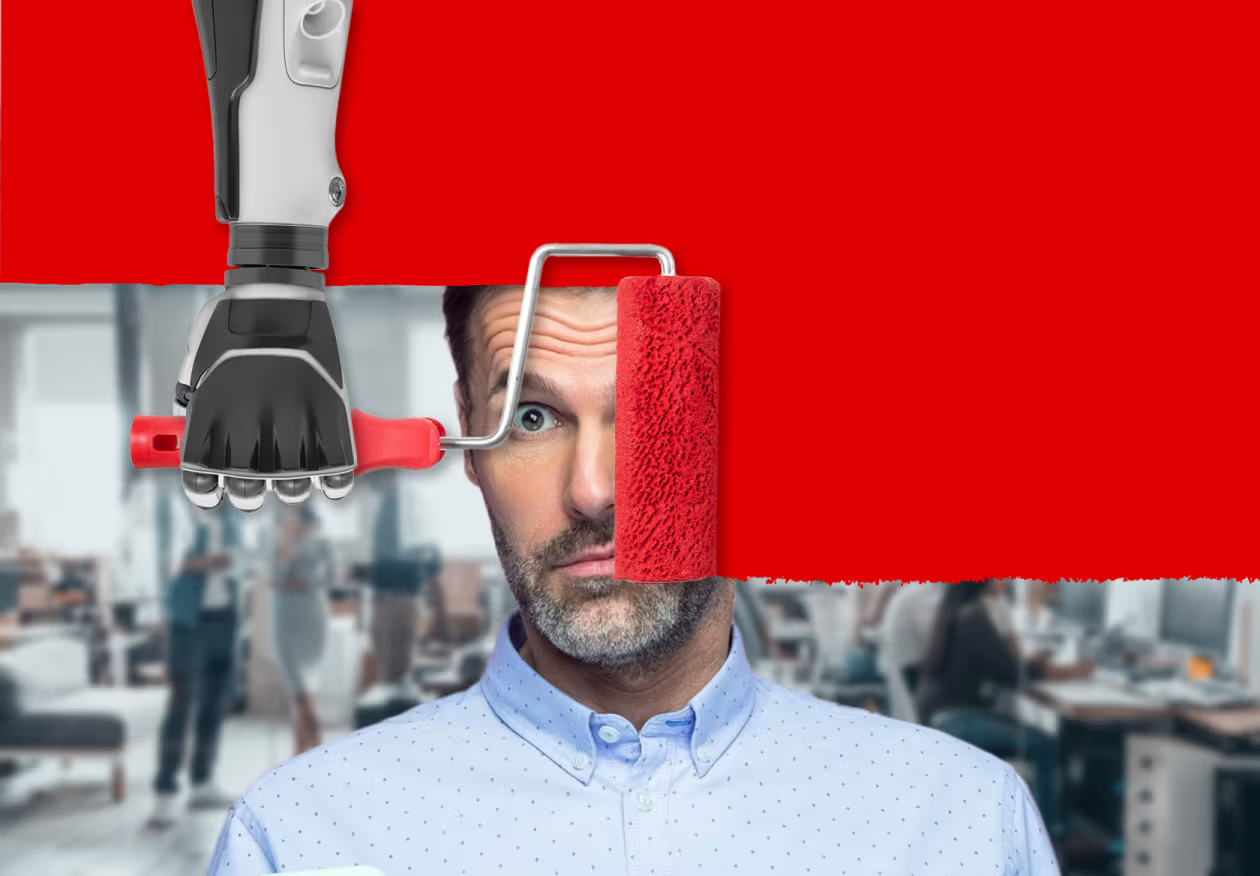This article was co-authored by Pablo Garcia Quint, a Technology and Innovation Policy Fellow at Libertas Institute.
AI agents are changing how software engineers work. Unlike some of today’s AI systems, which need a lot of of hand-holding and user input, AI agents can handle big, complex tasks all by themselves. They figure out what steps to take, complete them, and create new tasks if needed until the job is done. They can do basic tasks like balancing budgets, or flexible tasks like booking flights with changing prices, all with little to no help from people.
Think of today’s AI systems like a car that needs constant steering, gas, and brake control from the driver. In contrast, AI agents are like self-driving cars—they can navigate the road, make decisions, and get you to your destination without much intervention. But while AI agents promise big things, many are asking: What happens to human jobs when your “digital co-worker” never takes a break?
 OpenAI recently announced the first step towards this development, with the AI Agent using websites on its own to purchase groceries or make restaurant reservations. Mark Zuckerberg also pointed out in a recent interview that in 2025, Meta will have an AI model that operates as efficiently as one of their mid-level software engineers. That’s a bold claim—and it highlights how quickly AI is advancing. Tools like Bolt, v0, and Copilot save engineers time by automating coding tasks. Junior engineers can now finish projects in hours instead of days, while senior engineers use AI to focus on tougher challenges. But these tools aren’t perfect.
OpenAI recently announced the first step towards this development, with the AI Agent using websites on its own to purchase groceries or make restaurant reservations. Mark Zuckerberg also pointed out in a recent interview that in 2025, Meta will have an AI model that operates as efficiently as one of their mid-level software engineers. That’s a bold claim—and it highlights how quickly AI is advancing. Tools like Bolt, v0, and Copilot save engineers time by automating coding tasks. Junior engineers can now finish projects in hours instead of days, while senior engineers use AI to focus on tougher challenges. But these tools aren’t perfect.
This is called the “70% problem”, a term coined to describe the current state of working with AI agents. While these tools can handle a significant portion of a task—about 70%—the remaining 30% often proves challenging. A user interaction with an AI Agent pointed out that it often feels like the tool takes one step forward and two steps back, creating new problems as it tries to finish the job. If you don’t know how the work is supposed to be done, fixing these issues can be really frustrating. That’s why, for now, AI agents are not completely replacing jobs, as it has been pointed out before “autonomous does not mean humanless.”
However, the transition to AI agents is not as straightforward as some might think. In doing so, problems like people’s willingness to give them access to sensitive data arise. Depending on their purpose, AI agents may need to access everything from your browsing history to your email calendar to your financial records. One of the concerns is how safe can these AI-Agents be since a breach in their system could cause sensitive data to be leaked.
As we consider some of the problems of this new technology, it is important to note that just as with any other technology, it evolves and grows, eventually becoming safer and more effective. We can think of the early days of the internet when viruses and malware were still something programmers didn’t know how to deal with perfectly. Over time antivirus and antimalware software were developed along with better security across all the internet. Not all the hurdles we see nowadays are going to define the applicability of the technology.
But most importantly, there is the aspect of job displacement. This is not a new phenomenon either, as technology has disrupted jobs in the past. A whole industry that took up more than half the jobs in the economy before the Industrial Revolution, shrunk to less than 5% at the end of the 20th Century. Multiple jobs were lost in the process but the outcome resulted in newer jobs that were less dangerous and less physical.
Other innovations such as the introduction of Uber quickly threatened the established industry of taxi drivers, eventually lowering entry barriers and creating more jobs than the ones it once threatened.
The possible displacement of workers by AI Agents is not new but the answer doesn’t mean leaving workers in a laissez-faire state. While some workers can adapt quicker or have more time to do so, others won’t and that’s where policy solutions come into place.
Discouraging the implementation of newer technologies such as AI agents risks not opening industries that could create more jobs. However, for those workers who are affected, it is important to consider things like micro-credentialing, self-employment assistance, and non-degree programs to level up their careers. The implementation of some of these can help workers switch gears before they lose their jobs.
In a booming AI environment, new applications will inevitably continue to emerge across various industries. Instead of treating every implementation as a crisis, we should work to find solutions that ensure a smoother transition for workers who might be affected by displacement.







